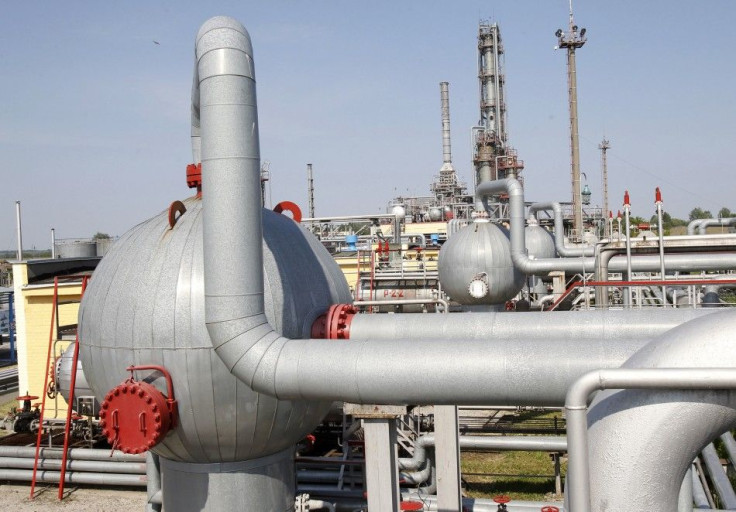Britain May Become Major Global Shale Gas Producer, Alongside China And U.S.

The United Kingdom may have enough offshore shale gas to propel it into the top tier of global producers, making the country energy self-reliant, analysts have predicted.
Reserves of the hard to extract, unconventional gas deposits could exceed 1,000 trillion cubic feet, experts now believe, ranking the UK alongside China, the U.S. and Argentina, according to Reuters.
The news comes as a UK government report on Tuesday backed the exploration of shale gas using the controversial hydraulic fracturing, or fracking, drilling method blamed for two small earthquakes in Britain last year.
There will be a lot more offshore shale gas and oil resources than onshore, Nigel Smith, subsurface geologist and geophysicist at the British Geological Survey, told Reuters.
We were pioneers in the North Sea with conventional oil and gas, and the technology has gone around the world, so why not become one in the unconventional sector, Smith said.
He added that UK offshore reserves could be five to 10 times as high as those found onshore, enabling the UK to become energy self-sufficient.
Experts have cautioned, however, that whatever the final reserve figure is, only around 10 to 20 percent will actually be recoverable.
The use of fracking to extract shale gas is an extremely expensive and relatively new technology, pioneered in the United States and Canada over the last 20 years.
Fracking uses explosives and vast quantities of heavy mud' -- a mixture of chemicals, dense material such as ceramic and water -- to open up cracks in reservoir rocks, allowing trapped gas to escape through an oil well and reach the surface.
It has been blamed for contaminating water supplies and causing earthquakes, and it has been banned in parts of the U.S. and Canada pending further investigation.
The practice has also recently been banned in France and Bulgaria.
Despite the setbacks, engineers say Europe is poised to uncover vast reserves of shale gas that stretch across the continent.
We have potentially huge volumes present in the subsurface -- the volumes are mind-blowingly big, Melvyn Giles, global head of unconventional gas and light tight oil at Shell, told Reuters.
The figures appear to suggest the shale resources are so large that the question is not how much is out there, but how much can be retrieved -- how much can be economically accessed in an environmentally acceptable way, he added.
© Copyright IBTimes 2024. All rights reserved.





















